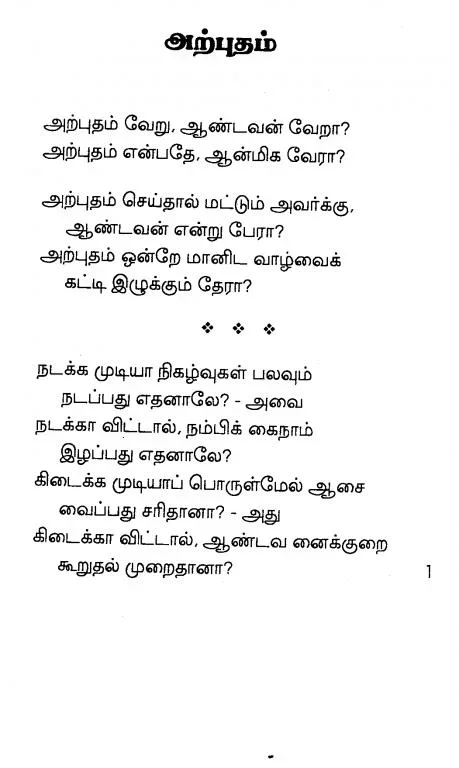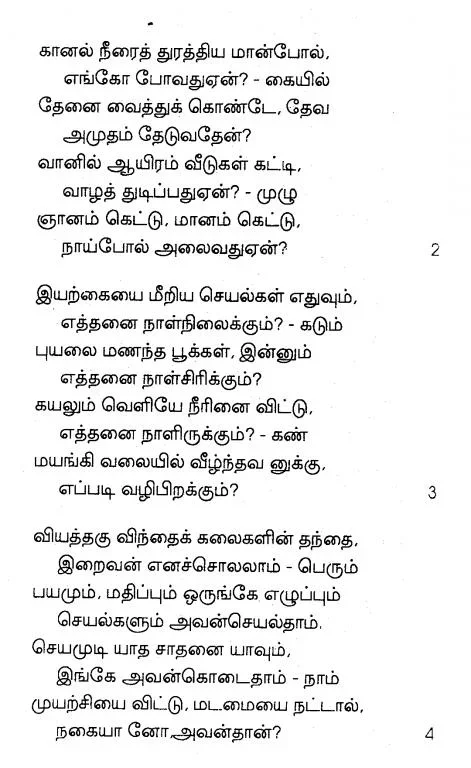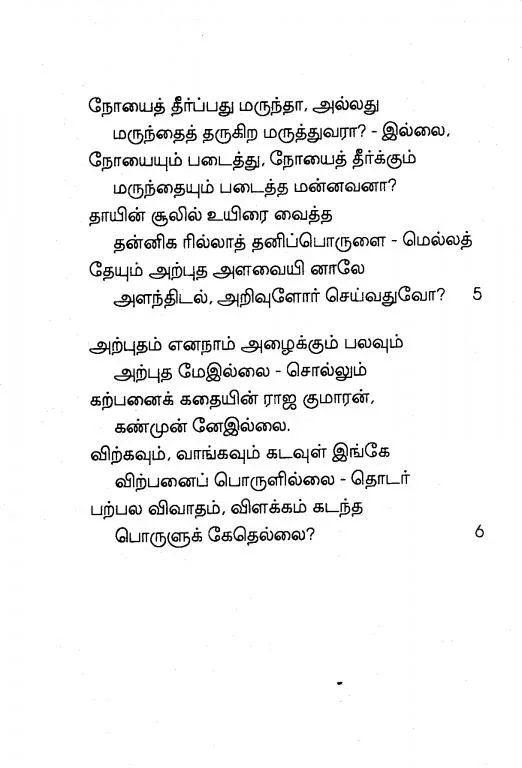Request: please delete or edit out anything not considered ok.
A thread was closed before i cud respond. Since yesterday morning, have been thinking about rationalism and the role it plays in faith. Much as one would like to see rationalism for what it is (as reasoning being the guide for belief and action), it is the very definition of rationalism that puts it in conflict with faith. I therefore think rationalism cannot be applied to faith, and finding the reason to do so would result in error prone data in matters of faith. And therefore imho, the supposed rationalists such as AK and ER were actually pseudo-rationalists. Let me explain how and why.
Rationalism (in faith) carries with it the pretence of being scientific in approach. As an agenda and an approach, rationalism is ofcourse not a pretence when applied to science, philosophy, or any other subject, except faith. But the claim that rationalistic thought in matters of faith is "scientific" is a very 'iffy' one.
The experiments of the mind (thoughts) and experiences of the mind feed our cogitations into creating the next set of mental constructs in an iterative cycle of knowledge creation. In science, the activity is based on two approaches of ideas - they are either hypothetically-driven or data-driven.
For a philosopher, hypothetically derived analysis is often the starting point (and can also be the ending point). Deductive reasoning is based on the approach that if the axioms and the observations are true, then the ideas are the facts. In science, this type of a reductionist approach does not necessarily work. Though science enriches itself with hypothesis-rich data, facts are facts only when data-driven or experimentally proven. Otherwise, they remains a hypothesis. Scientific research is about converting hypothetically deduced data into data-driven facts or atleast something that can concur with it.
To prove the application of rationalism as a scientific approach to faith is correct, one would have to first prove that an observation is consistently always accurate. Rationalists (or rather pseudu-rationalists) often pass judgements without fulfilling this basic premise first. Their judgements are passed based on limited observations coupled with their (own) hypothetical differentiation between what is wrong and what is right.
To test whether rationalism in faith can be applied or not, I would like to take the example of a particular individual SS. SS materializes objects out of thin air (lets call it observation A). Another thing that happens to his followers is that copious amounts of vibuti, manjal, kumkum drops out of his pictures (lets call it observation B). Former adherants of SS accuse him of abuse (lets call it observation C). Two current adherants i know of personally have been cured of cancer (lets call is observation D). SS could not prevent a assasination attempt on his life and behaved like a layman in such an attempt (lets call it observation E).
In the case of observation A, it can be proven as something that was faked using cheap tricks of the hand. In the case of observation B, rationalists are unable to prove how and why the phenomenon happens. In the case of observation C, it is a matter of word of mouth. In the case of observation D, it baffles science currently.
What a pseudo-rationalist does is to come to a conclusion based on his observations of A and C, ignoring B and D. The 'hypothesis' he arrives does not take observations B and D into account. In the case of observation E, one (possibly) may have to question the basis of limitations of the conditioned physical presence, called karma. In any case, if A, C and E were to be conclusively proven (negatively) to someone who has experienced B and D, there is no way that section (esp the D section who consider themselves as 'owing their life' to SS) will give up on their faith.
Disclaimer: i have been following a particular monastic tradition of the ekadandis. i am not a follower of SS, i used to like listening to his teachings. i now however follow my own gurus. This is an attempt to show that rationalism in faith does not work, and why the claim of rationalism being "scientific" in its approach in matters of faith is an error prone premise. To me, its a happily balanced approach of analysing both sides, and agreeing to both, while recognizing the fact that neither can be proven or disproven.
To continue this discussion further, i wud prefer if individuals are not named (no intension to please or displease adherants). Wud greatly appreciate your thoughts on rationalism in faith (as perhaps a unit of measurement maybe?)...
A thread was closed before i cud respond. Since yesterday morning, have been thinking about rationalism and the role it plays in faith. Much as one would like to see rationalism for what it is (as reasoning being the guide for belief and action), it is the very definition of rationalism that puts it in conflict with faith. I therefore think rationalism cannot be applied to faith, and finding the reason to do so would result in error prone data in matters of faith. And therefore imho, the supposed rationalists such as AK and ER were actually pseudo-rationalists. Let me explain how and why.
Rationalism (in faith) carries with it the pretence of being scientific in approach. As an agenda and an approach, rationalism is ofcourse not a pretence when applied to science, philosophy, or any other subject, except faith. But the claim that rationalistic thought in matters of faith is "scientific" is a very 'iffy' one.
The experiments of the mind (thoughts) and experiences of the mind feed our cogitations into creating the next set of mental constructs in an iterative cycle of knowledge creation. In science, the activity is based on two approaches of ideas - they are either hypothetically-driven or data-driven.
For a philosopher, hypothetically derived analysis is often the starting point (and can also be the ending point). Deductive reasoning is based on the approach that if the axioms and the observations are true, then the ideas are the facts. In science, this type of a reductionist approach does not necessarily work. Though science enriches itself with hypothesis-rich data, facts are facts only when data-driven or experimentally proven. Otherwise, they remains a hypothesis. Scientific research is about converting hypothetically deduced data into data-driven facts or atleast something that can concur with it.
To prove the application of rationalism as a scientific approach to faith is correct, one would have to first prove that an observation is consistently always accurate. Rationalists (or rather pseudu-rationalists) often pass judgements without fulfilling this basic premise first. Their judgements are passed based on limited observations coupled with their (own) hypothetical differentiation between what is wrong and what is right.
To test whether rationalism in faith can be applied or not, I would like to take the example of a particular individual SS. SS materializes objects out of thin air (lets call it observation A). Another thing that happens to his followers is that copious amounts of vibuti, manjal, kumkum drops out of his pictures (lets call it observation B). Former adherants of SS accuse him of abuse (lets call it observation C). Two current adherants i know of personally have been cured of cancer (lets call is observation D). SS could not prevent a assasination attempt on his life and behaved like a layman in such an attempt (lets call it observation E).
In the case of observation A, it can be proven as something that was faked using cheap tricks of the hand. In the case of observation B, rationalists are unable to prove how and why the phenomenon happens. In the case of observation C, it is a matter of word of mouth. In the case of observation D, it baffles science currently.
What a pseudo-rationalist does is to come to a conclusion based on his observations of A and C, ignoring B and D. The 'hypothesis' he arrives does not take observations B and D into account. In the case of observation E, one (possibly) may have to question the basis of limitations of the conditioned physical presence, called karma. In any case, if A, C and E were to be conclusively proven (negatively) to someone who has experienced B and D, there is no way that section (esp the D section who consider themselves as 'owing their life' to SS) will give up on their faith.
Disclaimer: i have been following a particular monastic tradition of the ekadandis. i am not a follower of SS, i used to like listening to his teachings. i now however follow my own gurus. This is an attempt to show that rationalism in faith does not work, and why the claim of rationalism being "scientific" in its approach in matters of faith is an error prone premise. To me, its a happily balanced approach of analysing both sides, and agreeing to both, while recognizing the fact that neither can be proven or disproven.
To continue this discussion further, i wud prefer if individuals are not named (no intension to please or displease adherants). Wud greatly appreciate your thoughts on rationalism in faith (as perhaps a unit of measurement maybe?)...
Last edited:




